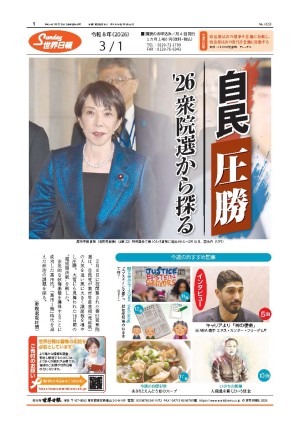オバマケア保険料が急上昇 Obamacare premiums to rise by double-digit percentages for millions
政府は24日、オバマケアの保険料が2017年に引き上げられることを認めた。最も契約の多い標準プランの保険料が平均22%上昇する。支持者らが想定したよりも高齢で、病気がちな加入者への依存が続いているためだ。
連邦政府が運用する交換所でプランを提供する保険会社の数も大幅に減少する。保険会社は音を上げ、採算を合わせる方法が見つからないと主張、競争が弱まり、保険料がさらに上昇する危険性が高まっている。
...【全文を読む】







